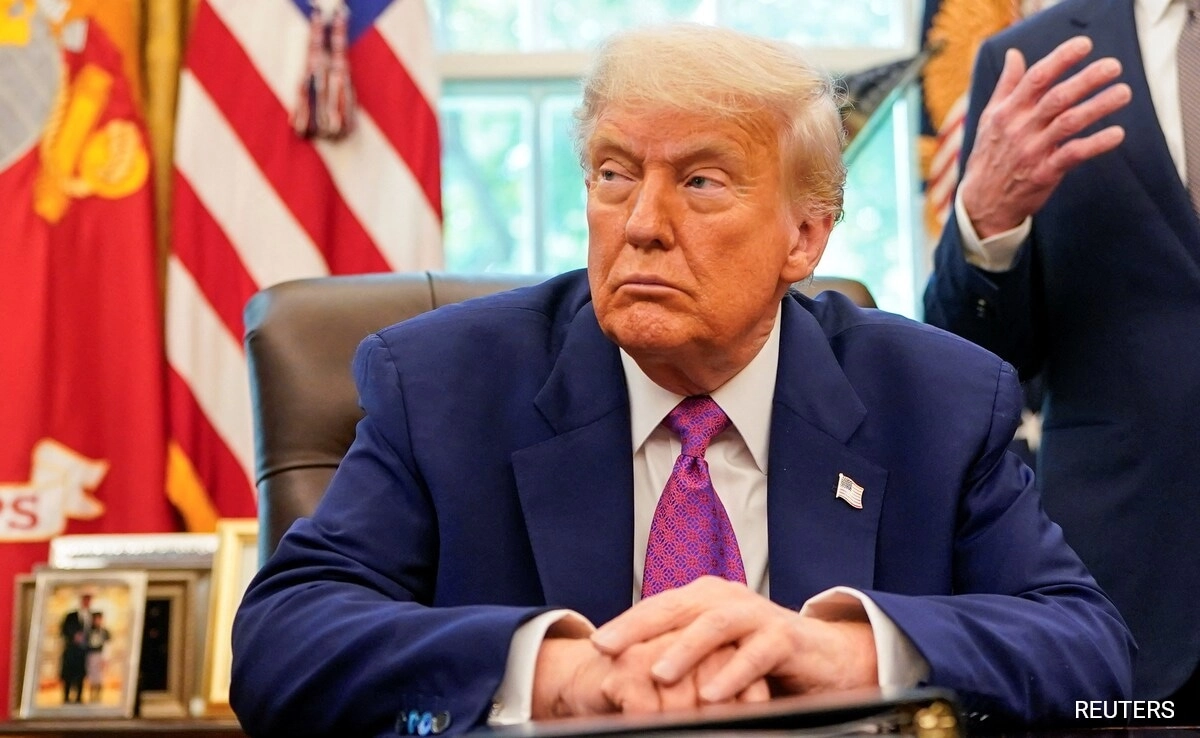In recent events, former President Donald Trump’s visit to India has drawn significant attention, particularly due to his unexpected behavior during the trip. Observers noted what many have termed a “meltdown,” characterized by moments of confusion and erratic responses that left both supporters and critics puzzled. One potential explanation for this behavior could be linked to what some are calling the “TACO” routine. This acronym, which stands for Tension, Anxiety, Confusion, and Outburst, encapsulates the emotional and psychological state that can arise in high-pressure situations, particularly for someone like Trump, who thrives on attention and public affirmation.
The TACO routine may have been particularly activated during Trump’s visit due to the weight of international expectations and the scrutiny that accompanies a diplomatic trip to a significant ally like India. The pressures of navigating complex geopolitical landscapes, combined with the necessity to maintain a charismatic public persona, could easily contribute to feelings of tension and anxiety. As Trump’s behavior shifted from confident rhetoric to moments of confusion, it highlighted the stark contrast between his public image and the pressures he faces behind the scenes. This dichotomy can lead to outbursts that are both unexpected and revealing, offering a glimpse into the internal struggles that accompany public life.
Moreover, the atmosphere in India, with its vibrant culture and intense media scrutiny, may have exacerbated Trump’s sense of disorientation. The expectations for a smooth diplomatic visit were high, and any deviation from the script could trigger an adverse reaction. This situation raises questions about the mental and emotional resilience required of leaders in today’s fast-paced political climate, where every misstep is scrutinized and dissected. The public’s reaction to Trump’s behavior also reflects a broader societal conversation about accountability and the standards to which political figures are held, particularly in the age of social media, where every moment is broadcasted and analyzed in real time.
In conclusion, Trump’s recent behavior during his India visit may serve as a case study in the complexities of political leadership in the modern era. The implications of the TACO routine extend beyond individual moments of crisis to touch upon the broader themes of mental health, public perception, and the pressures of international diplomacy. As we continue to observe Trump’s journey, it is essential to consider not only the actions of political figures but also the psychological underpinnings that influence their behavior in high-stakes environments. This understanding may pave the way for more empathetic discourse surrounding political leadership and the human experience within it.




